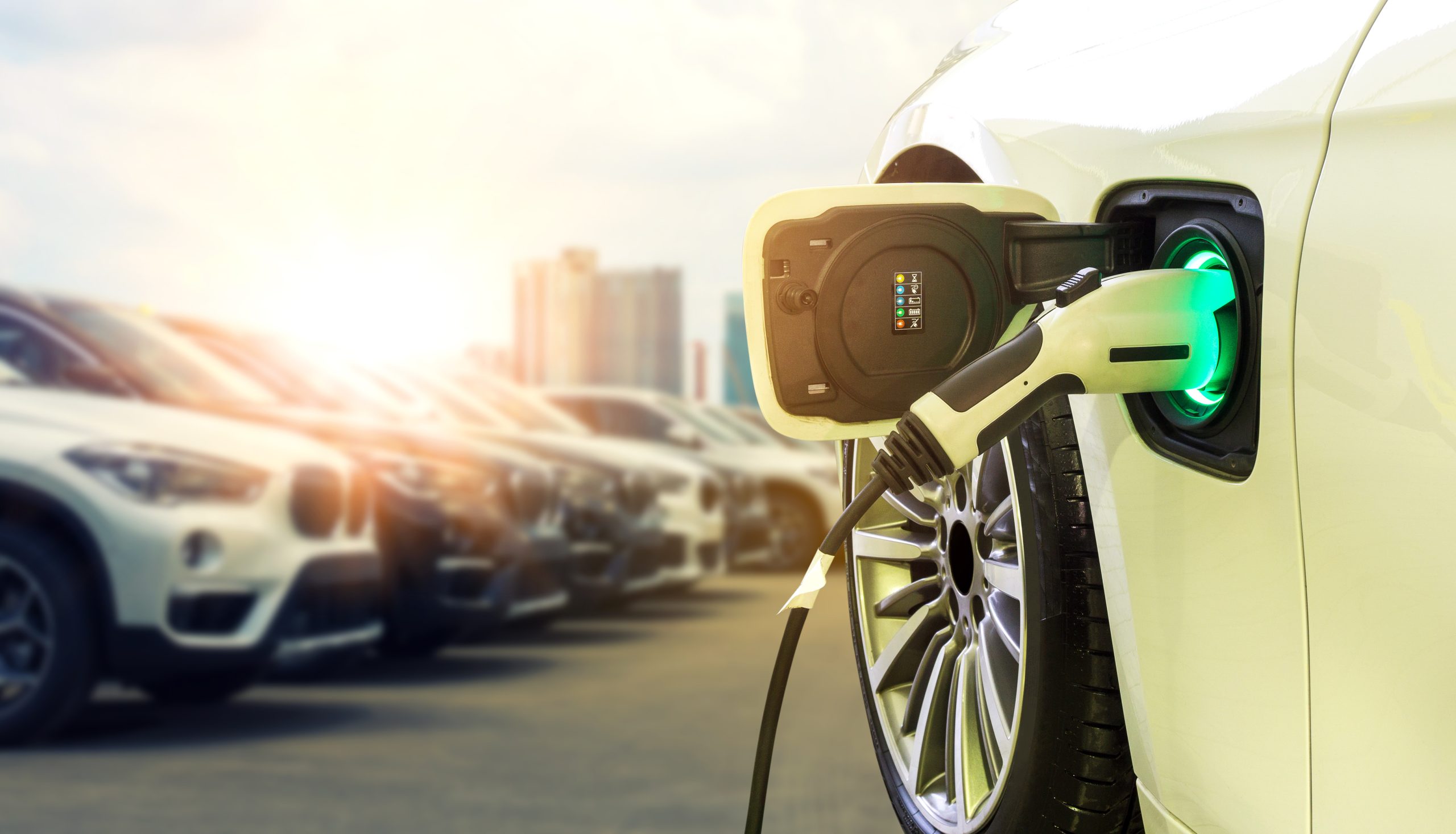How Electric Cars Will Change the Future of Transportation in 2025 – 2035 | The Sustainable Transportation Revolution

In recent years, electric vehicles (EVs) have become more than just an alternative to traditional cars; they represent a revolution in the world of transportation. With the increasing interest in sustainable energy and reducing carbon emissions, it is clear that electric cars will play a pivotal role in the future of global transportation.
Electric Cars: The Beginning of the Shift Towards Sustainable Transportation
They rely on electric batteries instead of fossil fuels.
Supported by government policies and environmental regulations to reduce pollution.
Major companies like Tesla, BYD, Volkswagen are leading innovation in this field.
Advantages of Electric Cars Compared to Traditional Cars
1. Environmentally Friendly
They do not emit harmful emissions.
They contribute to reducing global warming.
2. Lower Operating Costs
Electricity is cheaper than fuel.
Less maintenance due to the absence of complex engines and oils.
3. High Performance and Advanced Technologies
Faster acceleration than most traditional cars.
Smart technologies like autonomous driving and advanced assistance systems.
4. Government Support and Financial Incentives
Tax exemptions.
Government-supported charging stations in many countries.
Challenges Facing Electric Cars
Charging Infrastructure: Still insufficient in some countries.
Battery Prices: Still high despite gradual reductions in cost.
Charging Time: Some batteries require hours compared to minutes for refueling.
Battery Life: Affected by the number of charge cycles and duration of use.
How Will Electric Cars Change the Future of Global Transportation?
1. Cleaner and Quieter Cities
Reduction of environmental and noise pollution.
Improvement of quality of life in major cities.
2. Development of Infrastructure
Increase in the number of fast charging stations.
Integration of cars with renewable energy networks.
3. Economic Revolution
Growth of battery and clean energy industries.
New job opportunities in technology and engineering fields.
4. Smart and Sustainable Transportation
Combining electric cars with autonomous driving.
Development of electric car sharing systems.
The Future of Electric Cars Until 2035
Many countries plan to ban the sale of cars powered by traditional fuel by 2035.
Declining battery prices will make electric cars more widespread.
Their integration with solar energy and green hydrogen will make them the backbone of sustainable transportation.
Conclusion
The transition to electric cars is not just a passing trend; it is a strategic step towards a more sustainable and safer future. With the rapid advancements in technology and infrastructure, electric cars will become the first choice for millions of drivers around the world, changing the face of transportation as we know it today.